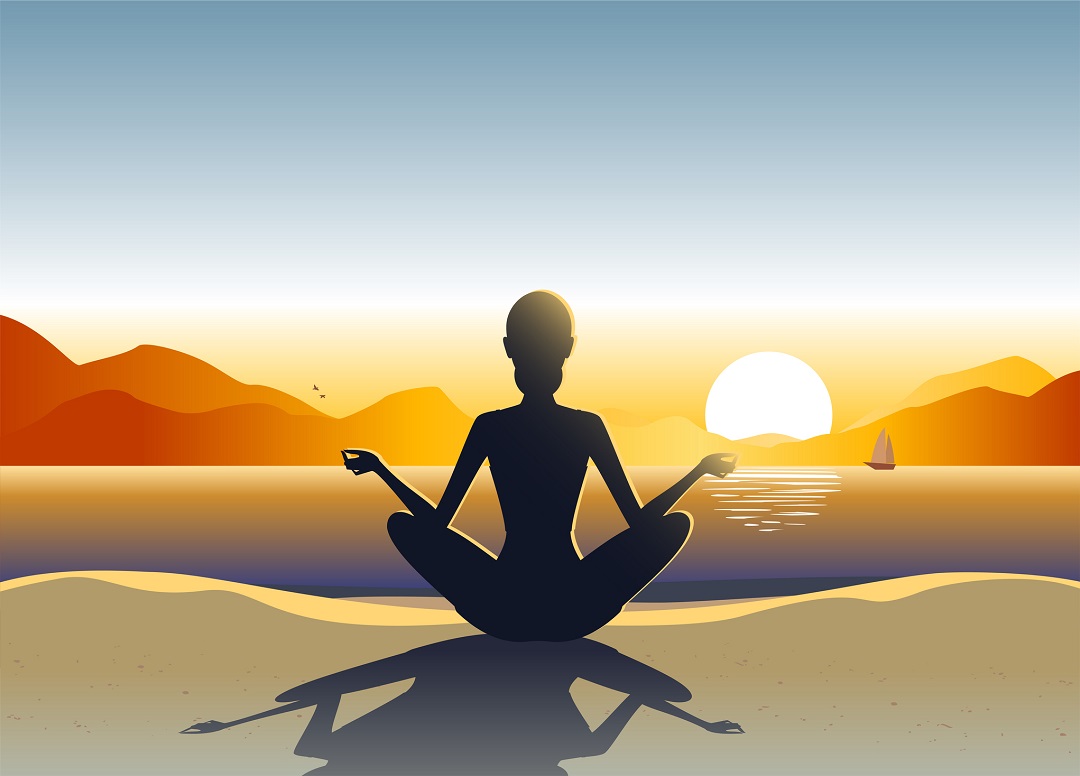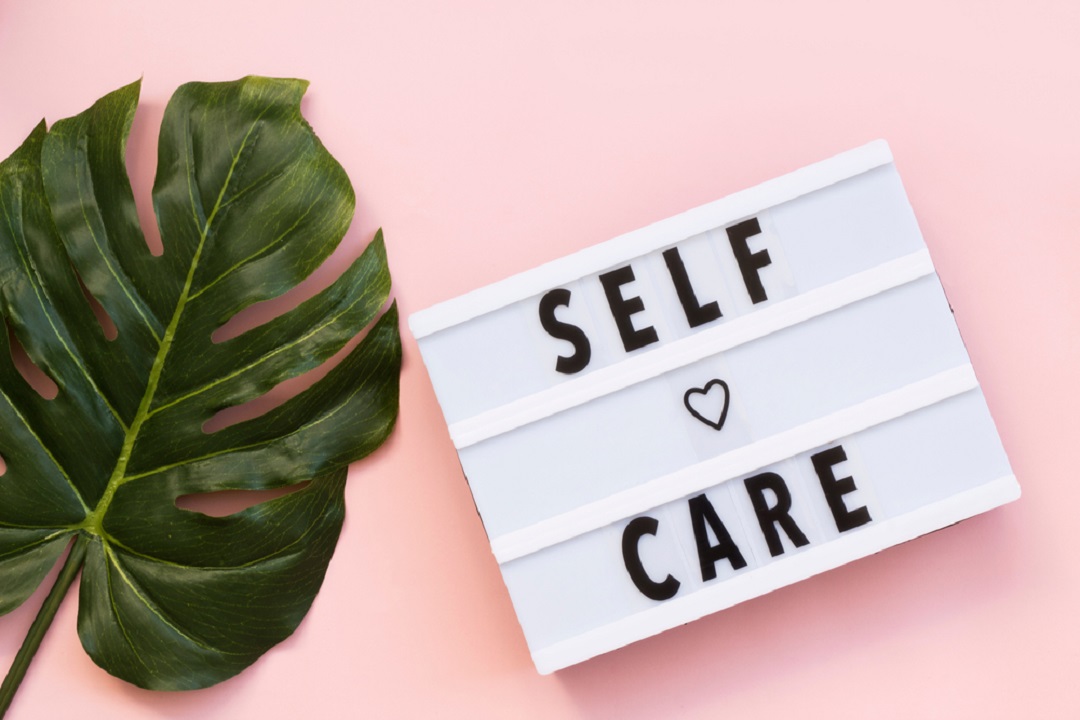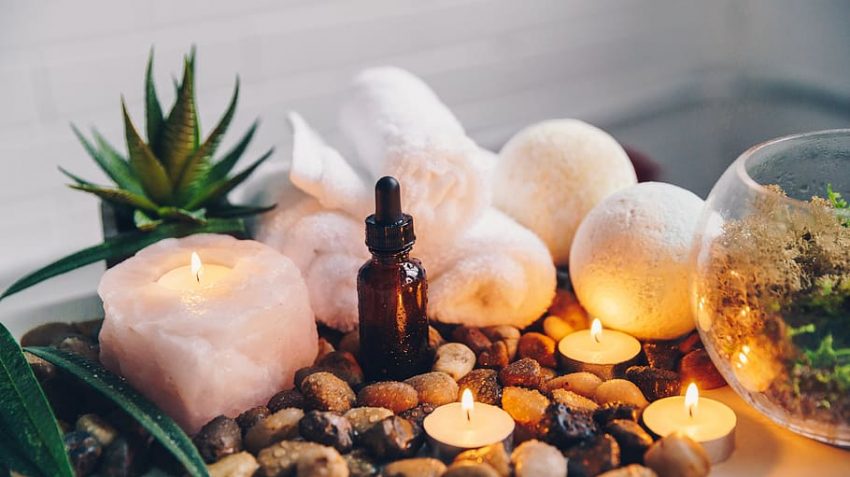Ah, stress – the unwelcome visitor that always seems to show up uninvited. Whether it’s work deadlines, family responsibilities, or just the hustle and bustle of everyday life, stress can weigh us down and leave us feeling overwhelmed. But fear not! There are plenty of techniques you can use to kick stress to the curb and reclaim your peace of mind. Let’s explore some effective stress relief strategies that you can incorporate into your daily routine:
1. Deep Breathing
Take a deep breath in, and exhale slowly. Deep breathing exercises are a simple yet powerful way to instantly calm your mind and body. By focusing on your breath, you can lower your heart rate, reduce muscle tension, and promote relaxation. Try practicing deep breathing for a few minutes each day, especially during moments of stress or anxiety.
2. Mindfulness Meditation
Mindfulness meditation involves paying attention to the present moment without judgment. By cultivating awareness of your thoughts, feelings, and sensations, you can create a sense of inner peace and clarity. Start by setting aside a few minutes each day to sit quietly and focus on your breath or a specific object. With regular practice, you’ll develop greater resilience to stress and a deeper connection to yourself.
3. Exercise Regularly
Exercise is not just good for your physical health – it’s also a powerful stress buster. Whether it’s going for a brisk walk, hitting the gym, or practicing yoga, physical activity releases endorphins, which are natural mood lifters. Aim for at least 30 minutes of moderate exercise most days of the week to reap the stress-relieving benefits and boost your overall well-being.
4. Prioritize Self-Care
In the midst of busy schedules and endless to-do lists, it’s essential to prioritize self-care. Make time for activities that bring you joy and relaxation, whether it’s reading a book, taking a hot bath, or spending time outdoors. Nourish your body with nutritious food, stay hydrated, and prioritize adequate sleep to support your physical and mental health.
5. Connect with Others
Social connections are a fundamental aspect of human well-being, and they play a crucial role in stress management. Reach out to friends, family members, or support groups for emotional support and companionship. Sharing your thoughts and feelings with others can provide comfort, perspective, and a sense of belonging.
FAQs
Q: How often should I practice deep breathing exercises?
A: Aim to practice deep breathing exercises for a few minutes each day, especially during stressful moments. Consistency is key to reaping the benefits of this relaxation technique.
Q: Can mindfulness meditation help with chronic stress?
A: Yes, mindfulness meditation has been shown to be effective in reducing chronic stress by promoting relaxation, improving self-awareness, and fostering a sense of inner peace.
Q: What types of exercise are best for stress relief?
A: Any form of physical activity that you enjoy can be beneficial for stress relief. Whether it’s cardio, strength training, yoga, or dancing, find activities that make you feel good and incorporate them into your routine.
Q: How can I practice self-care on a busy schedule?
A: Even small acts of self-care can make a big difference. Take short breaks throughout the day to relax and recharge, prioritize activities that bring you joy, and delegate tasks when possible to free up time for self-care.
Q: Is it important to seek professional help for chronic stress?
A: If you’re struggling to manage chronic stress on your own, it’s important to seek support from a healthcare professional. They can provide guidance, resources, and personalized treatment options to help you effectively manage your stress levels.
By incorporating these stress relief techniques into your daily routine and making self-care a priority, you can cultivate resilience, promote relaxation, and reclaim a sense of balance and well-being in your life. Remember, it’s okay to take a step back, breathe, and prioritize your mental and emotional health.






